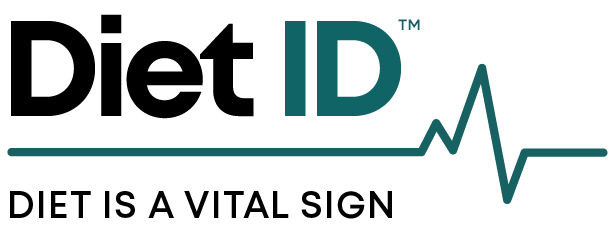Starting this week, Diet ID will support some of the most important health conditions affecting millions — Cancer Survivorship, Non-Alcoholic Fatty Liver Disease (NAFLD) and Cognitive Decline.
Why Cancer Survivorship?
There are 18.1 million cancer survivors in the United States, or about 5.4% of the population. Diet is a powerful means to enhance survivorship and optimize overall health. According to leading cancer organizations such as the American Cancer Society and the Cancer Support Community, good nutrition is an important part of care beyond cancer treatment. Diet ID offers high-quality, nutrient-dense dietary approaches for cancer survivors.
What nutrition changes support cancer survivorship?
Foods that are higher in fiber and antioxidants
More plant-forward meals
An emphasis on fresh, whole foods
Limiting foods high in added sugar, sodium, saturated fat, and cholesterol
A typical breakfast could be: whole grain oatmeal with mixed berries and nuts
A typical lunch could be: a bean burger with a baked sweet potato
A typical dinner could be: a stir fry with assorted vegetables, tofu or chicken, and brown rice
Typical snacks could be: fruit with nut butter, or hummus with raw vegetables and whole grain crackers
Diet ID now offers several goal diets that are purpose-built to support cancer survivorship.
Why NAFLD?
Non-alcoholic fatty liver disease (NAFLD) is the most common form of chronic liver disease, affecting about one-quarter of the population. Diet and exercise are key interventions for resolving this condition. One study showed a 50% resolution of NAFLD among patients losing 5.0–6.9% of their weight; 60% of those losing 7.0–9.9% of body weight and 97% of those losing ≥10% of total body weight. Diet ID supports healthy weight loss and improved nutrition consistent with treatment of NAFLD.
What nutrition changes help manage and even reverse NAFLD?
Portion-controlled meals
Foods that are high in fiber and water to promote fullness
Limit on added oil, sugar, and salt
Whole, intact grains (barley, oats, quinoa, brown rice) instead of flour-based foods
Balanced meals and snacks
A typical breakfast could be: plain yogurt with fruit and nuts
A typical lunch could be: a whole grain wrap with grilled chicken and veggies
A typical dinner could be: baked or broiled fish with sautéed broccoli and brown rice
Typical snacks could be: air-popped popcorn, baked tortilla chips with black bean dip, or fresh fruit
Diet ID now offers several goal diets that are purpose-built to help manage and reverse NAFLD.
Why Brain Health?
Scientific research demonstrates that lifestyle changes can protect memory and cognition as we age. This is good news, given that there are about 50 million people living with dementia worldwide, with about 10 million new cases every year. Diet ID’s target dietary patterns include several specific to prevention of cognitive decline; these patterns show great promise as a low-cost, sustainable treatment option.
What nutrition changes help optimize brain health?
Foods that are high in fiber, antioxidants, and omega-3 fats
Foods that are low in refined starch (like white flour), saturated fats, sodium, and added sugar
Emphasis on berries, citrus fruits, and leafy greens
Intact whole grains like brown rice, oats, quinoa, and barley
Fatty fish 2-3 times a week (if you eat fish) or 1 oz walnuts or flax seeds
Daily intake of nuts and/or seeds
A typical breakfast could be: overnight oats with blueberries and walnuts
A typical lunch could be: Mediterranean tuna on whole grain wrap with lettuce and tomato
A typical dinner could be: Bean and vegetable chili with whole grain cornbread
Typical snacks could be: bean dip with raw veggies, homemade trail mix, or a banana with nut butter.
Diet ID now offers 4 goal diets that are purpose-built to enhance brain health.
References:
https://www.cancer.org/treatment/survivorship-during-and-after-treatment/be-healthy-after-treatment/eating-well-after-treatment-ends.html
https://www.sciencedirect.com/science/article/pii/S2589555919301302
https://www.frontiersin.org/articles/10.3389/fnhum.2020.00325/full



